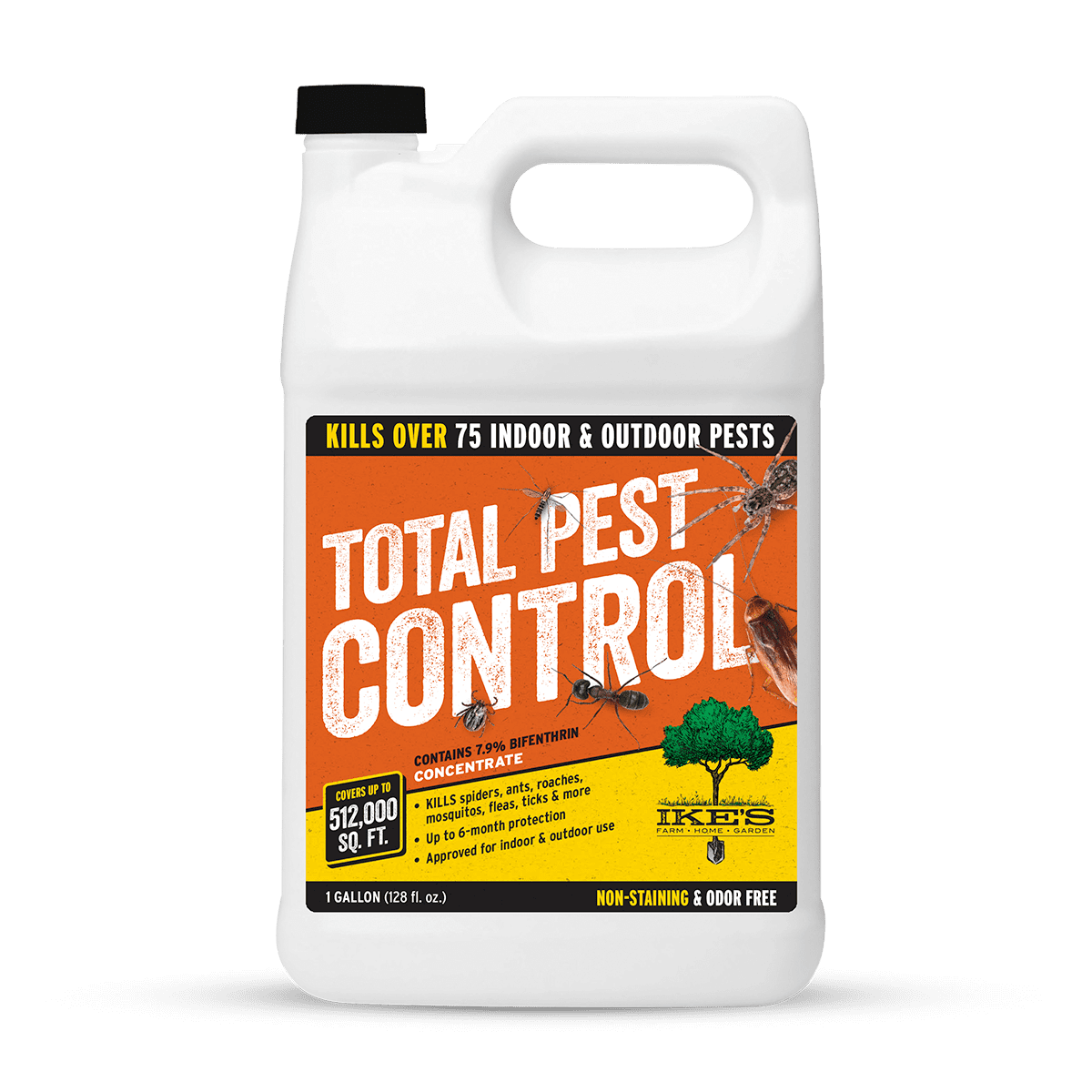Reliable A1 Bed Bug Treatment in Charlotte - Safe and Proven Methods
Reliable A1 Bed Bug Treatment in Charlotte - Safe and Proven Methods
Blog Article
Bed Bug Treatment Break Down: Comparing Chemical Vs. Non-Chemical Solutions
In the world of insect control, specifically when taking care of the persistent problem of bed insects, the choice in between chemical and non-chemical treatment solutions can be a pivotal one. Both techniques use distinct benefits and drawbacks, affecting factors such as efficiency, safety factors to consider, and total cost. By analyzing the nuanced details of each approach, a more clear understanding of which course to seek in resolving a bed pest problem can be attained.
Efficiency of Chemical Therapies
Chemical treatments for bed insect problems have been extensively acknowledged for their quick and potent efficiency in eradicating these parasites. When thinking about the efficiency of chemical treatments, it is critical to understand that they can give a quick and extensive option to a bed insect problem. Professional pest control specialists commonly depend on pesticides to target bed insects at different stages of their life process, including grownups, eggs, and nymphs. These chemicals usually function by interrupting the bed insects' nerves, leading to paralysis and eventual death.
Furthermore, chemical therapies have the benefit of providing recurring effects, suggesting that they can proceed to eliminate bed insects also after the preliminary application. This recurring action is particularly beneficial in combating any type of possible re-infestations. Furthermore, the quick activity of chemical therapies can bring relief to individuals dealing with extreme bed bug invasions, allowing them to gain back control of their home swiftly.
Security Problems With Chemical Solutions
One crucial facet that requires mindful consideration when making use of chemical options for bed bug treatment is making sure the security of residents and the environment. Direct exposure to specific chemicals utilized in bed bug therapies can lead to respiratory system concerns, skin irritability, or various other unfavorable reactions, specifically in individuals with pre-existing conditions or level of sensitivities.
Additionally, the ecological impact of chemical options is one more considerable consideration. Some chemicals made use of in bed insect therapies may be hazardous to helpful pests, wildlife, and ecological communities if they seep right into the soil or water supply. It is necessary to make use of chemical treatments judiciously, adhering to safety standards, and taking into consideration much less harmful options to minimize these threats and guarantee the secure and effective administration of bed pest invasions.
Advantages of Non-Chemical Methods
Taking into consideration the prospective safety and security concerns and ecological effect connected with chemical options for bed bug treatment, discovering non-chemical techniques offers an encouraging choice with a number of distinctive advantages. Non-chemical treatments are ecologically pleasant, as they do not contribute to air or water pollution, making them a lasting option for insect control.
Additionally, non-chemical options can be reliable in targeting bed pests, consisting of hard-to-reach locations where chemical therapies may not pass through - A1 pest control charlotte nc bed bugs. Methods such as warm treatment, vacuuming, steam cleaning, and cushion coverings provide complete removal without the use of hazardous chemicals.
Limitations of Non-Chemical Treatments

Additionally, non-chemical therapies often need numerous applications to accomplish effective removal. This can be time-consuming and might not always ensure complete removal of all bed bugs and their eggs, specifically in concealed or hard-to-reach locations.
Additionally, the success of non-chemical therapies heavily relies upon appropriate execution and thoroughness, which can be testing for individuals without expert know-how. Poor application of non-chemical techniques may cause incomplete eradication, leading to persistent infestations and the requirement for extra therapies.
As a result, while non-chemical treatments have their advantages, it is vital to acknowledge these limitations and consider them when identifying one of the most reliable technique for handling bed bug infestations.
Price Contrast: Chemical Vs. Non-Chemical Options
Provided the restrictions associated with non-chemical therapies, a crucial facet to assess in the context of bed pest administration is the cost contrast between chemical and non-chemical options. In comparison, non-chemical therapies like warmth therapy or heavy steam can be much more pricey, with expenses ranging from $1,000 to $6,000 for a whole home. While the initial price of chemical therapies may seem lower, several treatments might be required to completely eradicate the infestation, possibly raising the overall expense.
Verdict

Thinking about the possible security issues and ecological effect associated with chemical options for bed bug treatment, discovering non-chemical strategies offers a promising option with a number of distinctive benefits.Given the restrictions associated with non-chemical treatments, an essential element to examine in the context of bed pest management is the cost contrast in between chemical and non-chemical alternatives. In contrast, non-chemical treatments like warmth treatment or vapor can be more pricey, with expenses ranging from $1,000 to $6,000 for a whole home. While the first price of chemical therapies might appear reduced, numerous therapies might be called for to totally eradicate the invasion, possibly increasing the overall price.In verdict, when contrasting chemical and non-chemical bed pest therapy alternatives, it is important to take into consideration efficiency, safety, benefits, limitations, and price.
Report this page